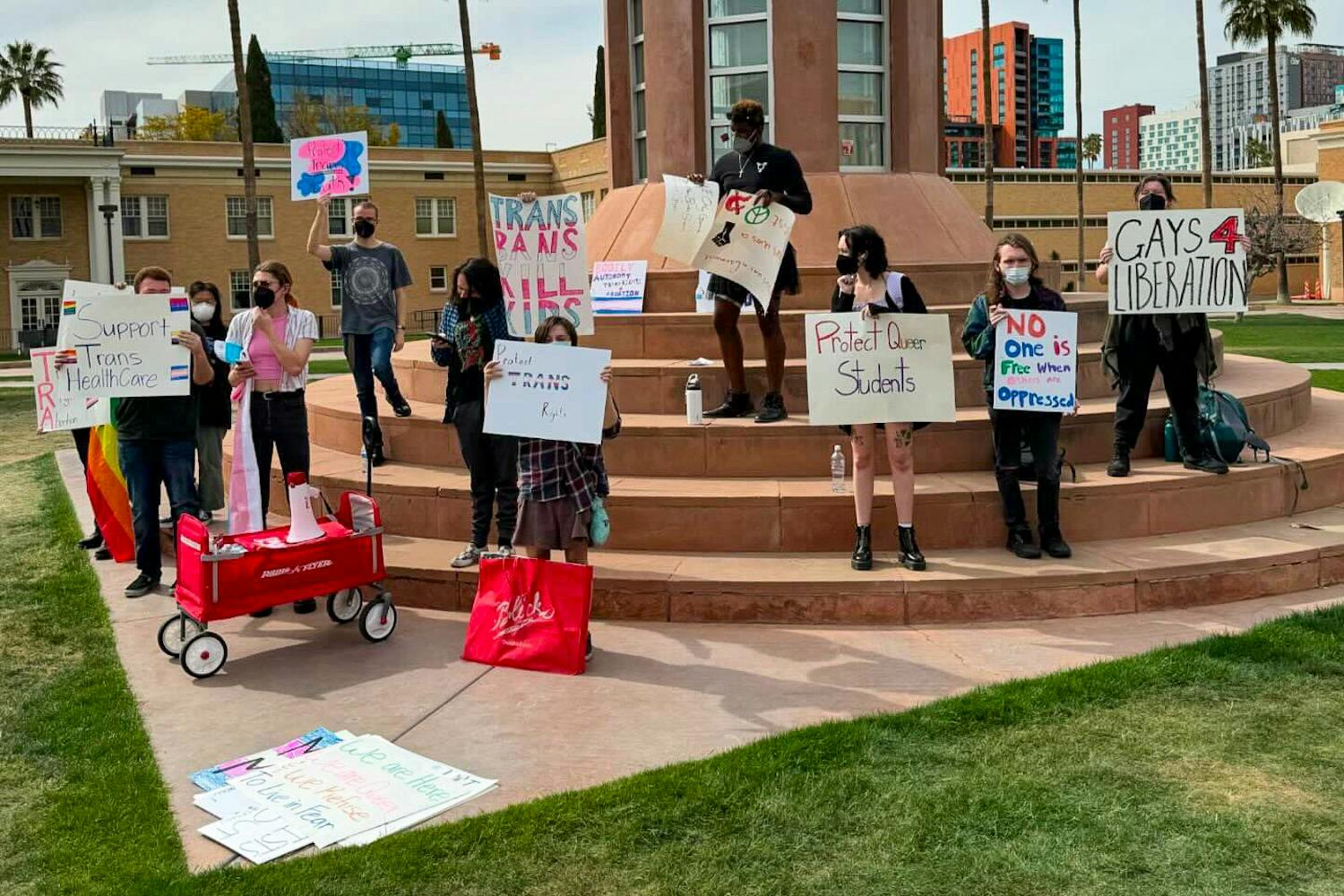In 2006, Arizona voters approved Proposition 203, which hiked cigarette sales taxes to a staggering 68 percent. It is easy to see why the people thought this would make sense. Proposition 203 promised to provide an increase in tax revenue as well as a legitimate disincentive to new smokers.
No matter how noble, Arizona's attempt to regulate the vices of the general population proved to be in vain.
Initially, it seemed as though Proposition 203 had made Arizonans more health-conscious. After the proposition passed, tax revenue from tobacco products saw a sharp decrease as many smokers seemingly decided that the cost of smoking was just too high.
Tax revenue from the sales of tobacco products dropped from $170 million to $131 million after the first year of the tax increase. In addition, Proposition 203 led to a 20 percent drop in tax revenues for health care, education and the general fund.
Despite Proposition 203's failure to meet financial expectations — thanks to the state government’s inability to find the ideal point on the Laffer curve — it had at least seemingly made an impact on the amount of smokers in the state. It is true; the percentage of Arizonans who smoke has dropped from 25 percent to 17 percent. This statistic provides a reason for the drop in tax revenues. However, there was a bigger problem at play.
A recent report has provided the nail in coffin for Proposition 203. Arizona has the second highest rate of illegally imported cigarettes in the country behind New York, which has a similarly high tax rate on cigarettes.
The cigarette smuggling problem has much deeper implications than just a decline in tax revenue, as was originally assumed by Arizona's own studies. According to the same Arizona Republic editorial, nearly 52 percent of all cigarettes in the state are somehow related to smuggling. That is not only a huge missed tax opportunity, but also a staggeringly high dependence on the illegal trade of cigarettes.
What does this say about Arizona? Proposition 203 was passed in an effort to reduce an activity that is widely seen as unhealthy and unclean — but it has led to an increase in smuggling and black market activity.
For some reason, Arizona lawmakers seem bent on making our state appear holier than every other state. Over the course of the last decade, lawmakers have attempted to reduce the number of smokers, guarantee religious freedom, repeal the legalization of medical marijuana, crack down on non-English speakers and secure our southern border.
All of these laws strive to uphold some sort of unspoken code of “traditional” American values. What lawmakers don’t realize, however, is that these laws not only have negative impacts on the finances of the state, but harm the reputation the state is so desperately trying to preserve. In a sense, they're attempting to put out the fire by dousing it with more gas.
Reach the columnist at jpbohann@asu.edu or follow him on Twitter @JordanBohannon
Editor's note: The opinion presented in this column is the author's and does not imply any endorsement from The State Press or its editors.



